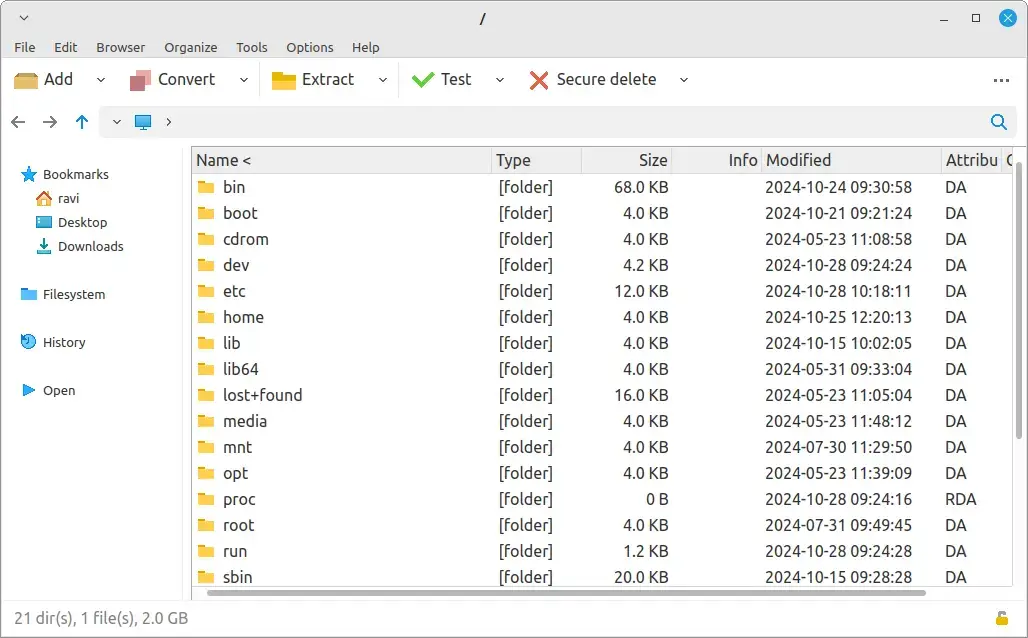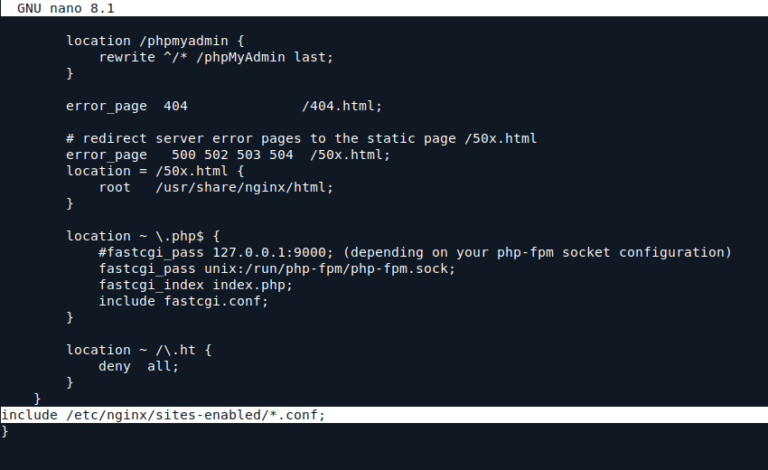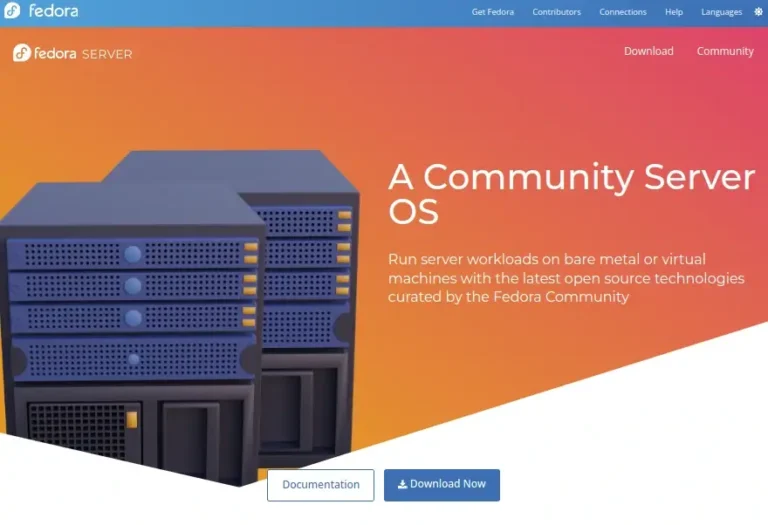PeaZip is a free and open-source file management tool that works on multiple operating systems, that offers strong encryption and compression features, allowing users to open and extract over 200 types of archive files, which include popular formats like 7Z, RAR, ZIP, and more.
As an alternative to open-source software like WinRar and WinZip, PeaZip provides a high compression ratio, especially when using formats like 7Z and PAQ. It supports various encryption methods, including AES and Blowfish, for securing files. Users can also open proprietary formats like RAR and ACE.
PeaZip has a user-friendly interface that looks the same across different desktop environments such as Gnome and KDE. It includes features for permanently deleting files, checking file hashes to find duplicates, splitting and joining files, and exporting tasks from the graphical interface to command line scripts.
PeaZip currently supports over 200 file extensions, including its unique PEA archive format, designed for secure, authenticated encryption.
Features of PeaZip
- The interface includes search and history features, making it easy to navigate through archives.
- Allows fine filtering with multiple inclusion and exclusion options for specific file selections.
- Enables alternative archive browsing, presenting all files in a single view.
- Users can export tasks defined in the GUI into command-line scripts for automated archiving and extraction.
- Supports creating, editing, and restoring archives, facilitating fast, reliable backups.
- Icons and color schemes can be personalized to suit user preferences.
- Easily convert between various archive formats.
- Provides strong security with archive encryption, random password/keyfile generation, and secure file deletion.
- Supports file splitting/joining, byte-to-byte file comparison, file hashing, batch renaming, system benchmarking, and an integrated image thumbnail viewer.
- PeaZip’s native format offers advanced features like compression, multi-volume splitting, authenticated encryption, and integrity checks.
- Available for 32-bit and 64-bit architectures across Windows, Linux, MacOS, and BSD systems.
- It is distributed in multiple package formats, including .exe, .deb, .rpm, .tgz, and portable versions. PeaZip is also available with Qt and GTK2 builds for different environments.
- PeaZip supports over 200 formats, including 7z, TAR, ZIP, GZIP, BZIP2, and advanced formats like PAQ and LPAQ.
Installing PeaZip in Linux
PeaZip can be installed in two ways: using the prebuilt DEB or RPM packages for Debian and Red Hat-based systems or running the portable version.
Let’s go through both methods.
Method 1: Installing PeaZip Using a DEB or RPM Package
If you are using Ubuntu, Debian, Linux Mint (DEB-based), or Fedora, CentOS, RHEL (RPM-based), you can install PeaZip by downloading the appropriate package for your system from the PeaZip download page.
sudo dpkg -i peazip*.deb #For Deb-based sudo rpm -i peazip*.rpm #For RPM-based
PeaZip will now be installed on your system.
Method 2: Using the Portable Version of PeaZip
If you prefer not to install PeaZip, you can download the portable version, extract the file to any directory of your choice, and run the executable file.
tar -xzvf peazip_portable-*.tar.gz cd peazip_portable ./peazip
This will open the PeaZip graphical interface, showing a simple file browser where you can manage files and archives.

Conclusion
PeaZip is a powerful, lightweight, and flexible tool for managing files and archives on Linux. Whether you need to compress, extract, or securely delete files, PeaZip provides all these features in one convenient package.
With its simple interface, it’s perfect for both beginners and advanced users. Install PeaZip today to enjoy efficient file management on Linux.






